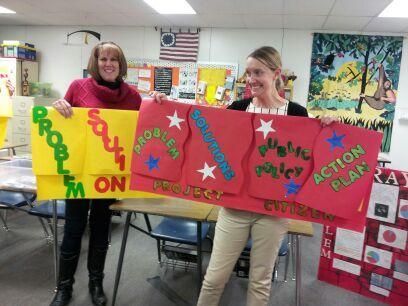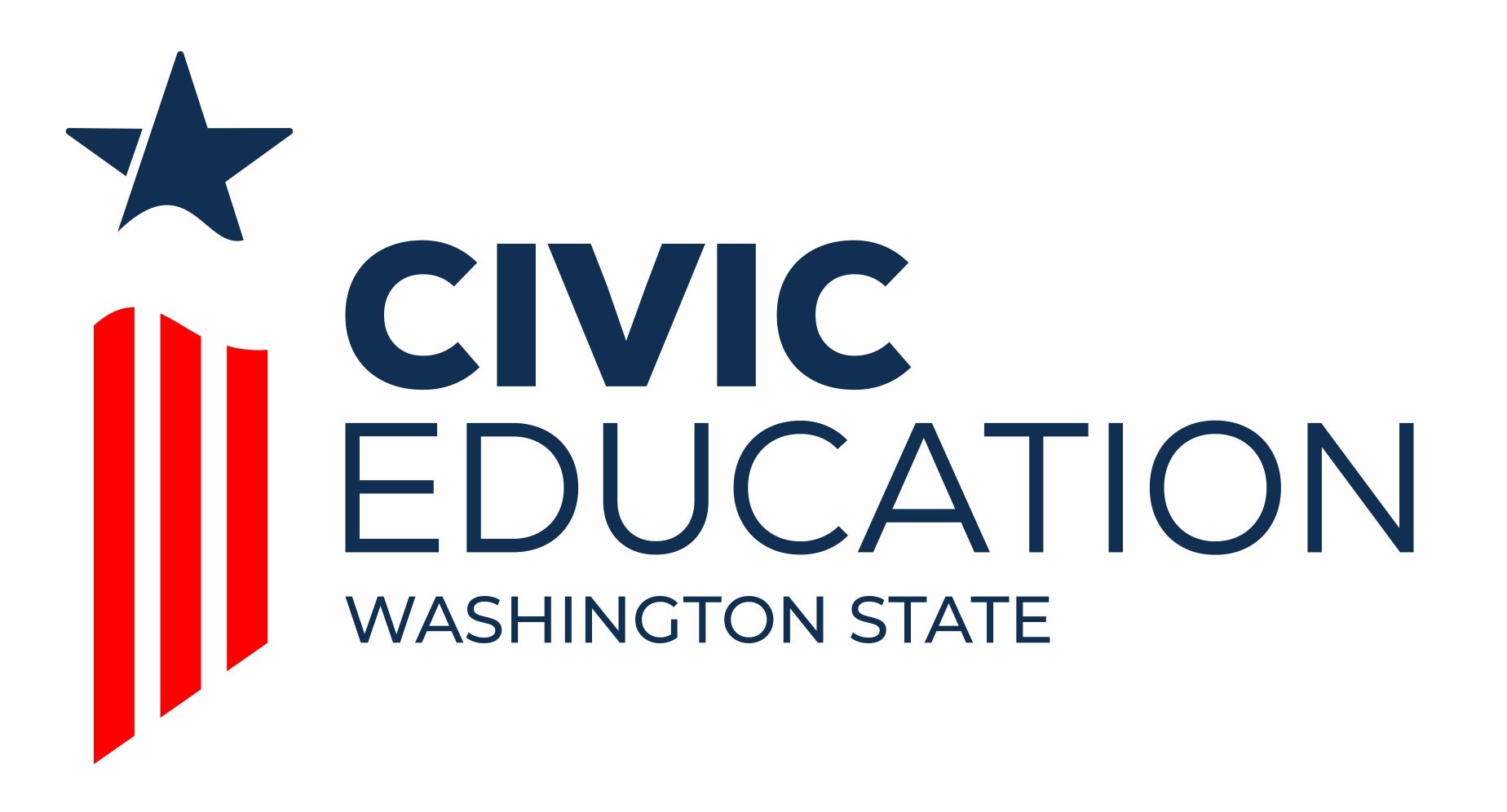Project Citizen
What is Project Citizen?
Project Citizen is a nationally recognized civic education program that guides elementary, middle and high school students to identify and solve public policy problems in their communities.
Through collaborative, project-based learning, students:
- Explore real civic issues
- Develop public policy proposals
- Present their work to authentic civic audiences
Whether you’re an educator, parent, or community leader, Project Citizen is a powerful tool to develop civic knowledge and skills.
Project Citizen helps students:
Understand the role of government and public policy
Practice teamwork, research, and problem-solving
Engage with local issues and decision-makers
Present well-structured arguments and proposals

How it works
Students will follow a six-step process as they work together through the Project Citizen curriculum.
1. Identifying Problems
Students will identify several problems in their community or state that they think should be dealt with via public policy.
2. Selecting a Problem to Study
Students will use the research collected in step one to select a problem to focus on in their Project Citizen project.
3. Gathering Information
Students will gather additional information on the chosen problem using a variety of resources.
4. Developing a Portfolio
Students will conduct the remainder of their research and create a four-part portfolio that explains their project.
5. Simulated Public Hearing
This is an opportunity for students to display their knowledge of their chosen issue and the public policymaking process.
6. Reflect on Your Experience
Finally, students will have the opportunity to reflect on their journey through the Project Citizen process.
Why It Matters
Project Citizen helps students understand how government and public policy shape their daily lives. It builds essential skills like research, teamwork, and critical thinking through hands-on, issue-based learning.
Students discover that their voices matter and that they can take meaningful action to improve their communities. By participating, they grow into informed, confident citizens ready to engage in civic life now and in the future.
How Can I Participate?
We have one Professional Development opportunity for the 2025-2026 school year.
Please contact us to learn more or see our Trainings page for details.
Learn More
Kathy Hand, our former Executive Director, tells you about Project Citizen.
Our national partner, the Center for Civic Education, gives educators a deeper description.
Sample Project Citizen Projects
